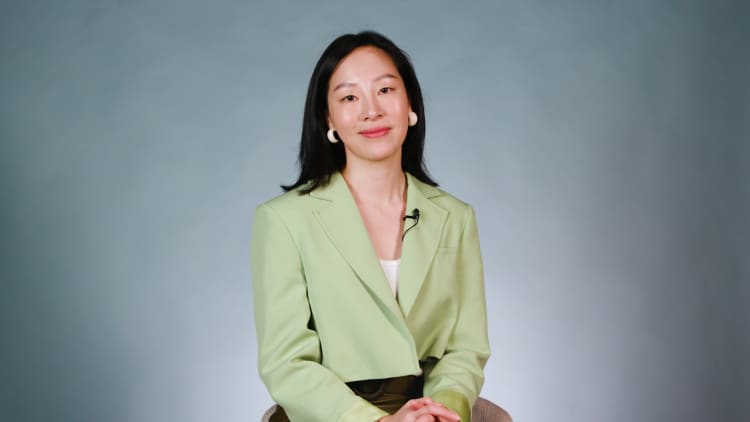Any tool that offers a shortcut to happier relationships is bound to be popular, and the Love Languages quiz is no different.
Created 30 years ago by Gary Chapman, author of "The 5 Love Languages: How to Express Heartfelt Commitment to Your Mate," the questionnaire in the book reveals how you most like to receive love. The five results are:
- acts of service
- physical touch
- quality time
- receiving gifts
- words of affirmation
Knowing your partner's love language, and them knowing yours, can improve communication and help you both feel more appreciated, the book claims.
The theory has enjoyed renewed popularity on TikTok, where the hashtag #lovelanguage has 5.5 billion views.
A new paper published in Current Directions in Psychological Science suggests perhaps Chapman's book overstates its claims.
"There is no evidence for the three central claims that the book makes — that we have a 'preferred love language,' that there are five of them, and that people are happier if their partner 'speaks' their language," says Emily Impett, a psychology professor at the University of Toronto, Mississauga and co-author of the study.
Impett and her co-authors evaluated existing research on love languages and found that most people use and feel support by a mix of all five.
A "balanced diet" of affection is needed in order to cultivate long-lasting love, the study says.
"Thinking of love as a nutritionally balanced diet keeps all expressions of love on the menu and invites partners to share what they need at a given point in time," Impett says.
'The misunderstanding comes from thinking that people can be neatly put into boxes'
Along with widespread popularity of Chapman's book came scrutiny of his expertise.
A Southern Baptists pastor, Chapman has expressed heteronormative beliefs and works solely with heterosexual couples, which means his findings are based on working with a slim demographic of people. Plus, his doctorate is in adult education — not psychotherapy.
Still, some therapists believe his book has merit.
Lisa Marie Bobby, a psychologist and the clinical director of Growing Self Counseling & Coaching in Denver, told CNBC Make It that the love languages quiz is an "accessible" way for people to appreciate differences in their partner and provides actionable advice.
"Readers are able to understand all these different ways of giving and receiving love in a way that didn't diminish the importance of any of them," she said. "Words of affirmation are not more important than physical affection or vice versa."
Impett, too, believes Chapman's book has some useful information.
"I think that reading and discussing the book could be helpful for couples if they use it as a springboard to communication about issues in their relationship," she says.
But oftentimes people don't read the book and view their quiz results as a cheat sheet to solve all conflict.
"The misunderstanding comes from thinking that people can be neatly put into boxes," Impett says. "For example, you are a 'physical touch' kind of person and your partner is a 'quality time' kind of person and that just learning to do the one thing that your partner wants is going to guarantee relationship success."
'People need multiple essential nutrients to be in the best state of health'
Through her research she found that all languages play a role in successful relationships, regardless of what a person's quiz results say. And people value different expressions in different contexts.
So, instead of dousing a partner in words of affirmation or gifts, couples should demonstrate whatever "language" makes sense at the time.
"Chapman's language metaphor asserts people can only feel love when their partner speaks their love language, but the healthy diet metaphor suggests that people need multiple essential nutrients to be in the best state of health and that the best relationships will be ones in which partners express appreciation, spend quality time together, show affection, help and support each other, and make each other feel special with gifts," she says.
What people need also changes over time, she says, a reality Chapman, too, noted when interviewed by CNBC Make It last year.
A person's love language might vary based on "circumstances and seasons of life," Chapman said.
A mother of two, he offered as an example, might find that for the first time in her life "acts of service" is her most important love language.
Want to land your dream job in 2024? Take CNBC's new online course How to Ace Your Job Interview to learn what hiring managers are really looking for, body language techniques, what to say and not to say, and the best way to talk about pay. Get started today and save 50% with discount code EARLYBIRD.



